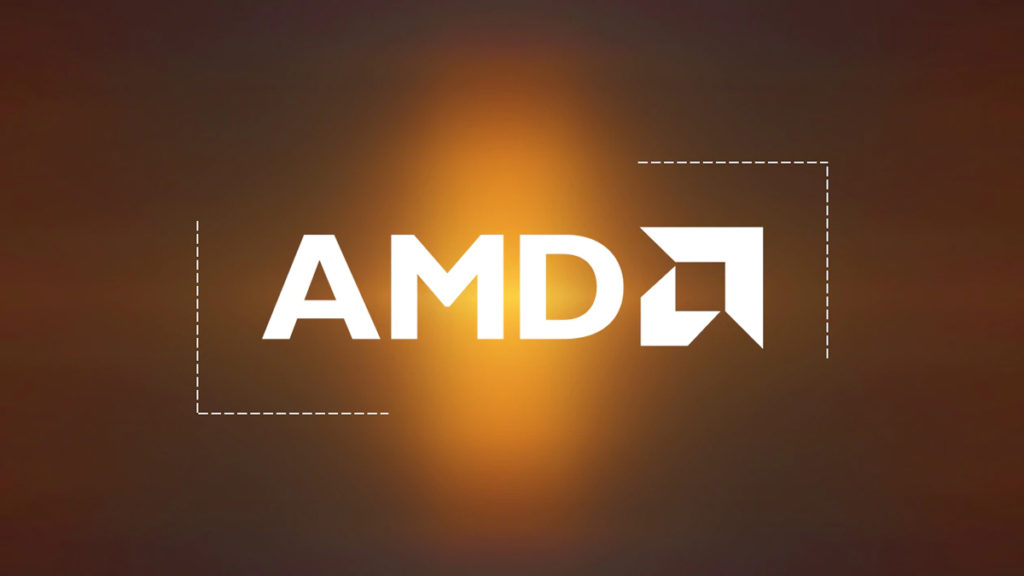AMD has been working on ARM for quite some time. I'd expect with the success Apple is having, your going to hear about everyone and their brother coming out with something or another ARM, since it's going to be the latest buzzword... but it's not going to be something you can just jump into without having had done some significant development work - at least not anywhere near the same level as Apple, who has been tweaking on their own ARM product for more than a decade now.
This is an article dated 2014. AMD didn't do this exact thing (yet, anyway), but they do leverage ARM as their on-die security co-processor. (PSP, similar to Intel's IME)
AMD has already announced that it plans to build ARM and x86 cores on a common platform going forward -- but what if that's just the first step in the company's long-term plan? We examine the case for a future ARM-x86 combined processor family, with both architectures sharing space on the same SoC.

www.extremetech.com
What I do find interesting, and perhaps more telling:
Intel announces Alder Lake it's big/LITTLE approach for the desktop. AMD says we aren't interested, because the software can't really do anything with it. And that was true - Windows and Linux don't really do anything with it, and even at the time OS X didn't really. Only mobile OSes have really ever done anything with big/LITTLE.
Now the biggest reason Apple has knocked it out of the park with M1 is because they use big/LITTLE on there, and they integrated the hardware platform into the OS software. (Well, that and unified system memory). Apple essentially showed that yeah, if you can get the software to play well, big/LITTLE can have a huge impact on your system. You can certainly bet that Microsoft is already racing to catch up with Windows, and it may be more embarassing for Microsoft because they have had an ARM version for several years now, but could never get it to gain traction (probably because they couldn't get the hardware)
What's funny is that Intel doesn't really do anything with OSes (apart from some linux contributions and a distro), but they saw enough to put the hardware out there. Chicken and the egg - AMD wouldn't move because the software wasn't there, the software wasn't there because there was no hardware to run it on.
I find the circle of events amusing - Microsoft jumped in too soon, AMD being afraid to jump in at all, Intel late to the game again, and it takes probably the only company (at least outside of China with the backing of the PRC) who has the resources to pull both the hardware and software sides together to show how it's done.
I expect in the next couple of years a ton of activity on ARM, desktop on ARM, and for nVidia's investment in ARM to become a huge player. One computer release from Apple (and their 9% marketshare) is hardly a harbinger of things to come, but where Apple goes, the rest of the industry emulates (often poorly, but not always), and I expect Windows ARM support to get a huge shot in the butt and a rapid slew of ARM-based hardware to start pouring out in the next couple of years. And that puts nVidia in a similar position as AMD to control nearly all the hardware on a PC... and Intel left looking like a deer in the headlights hoping they can hold on to datacenter marketshare over a much superior Epyc and up-and-coming ARM cores.
Apple and nVidia have a good deal of bad blood between them. I can't see Apple being a big hardware player - they are only interested in internal development and control of the ecosystem, they don't want to sell anything to system integrators or OEMs. And I don't see having a really good CPU has really moving the needle and being breakout for desktop market share - if anything, this move is to more closely align OS X and iOS (where they do have pretty good market share). But back to Apple and nVidia.... that should be interesting to see if they bury the hatchet and move forward, and we start to see some other nVidia technology proliferate into the design, or if Apple tries to maneuver to continue to prevent from having anything to do with nVidia. I suspect the latter, as Apple has already invested heavily in their own GPU platform. I suspect Apple will probably hold their nose to keep their ISA ARM licenses valid and keep marching to the beat of their own drum, but nothing else.


